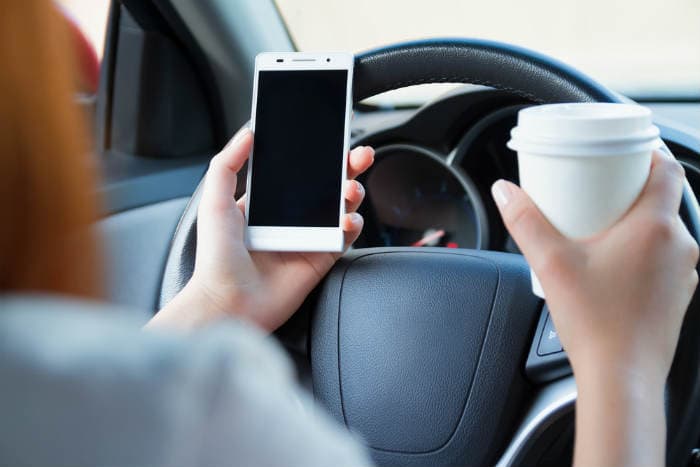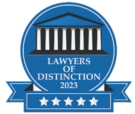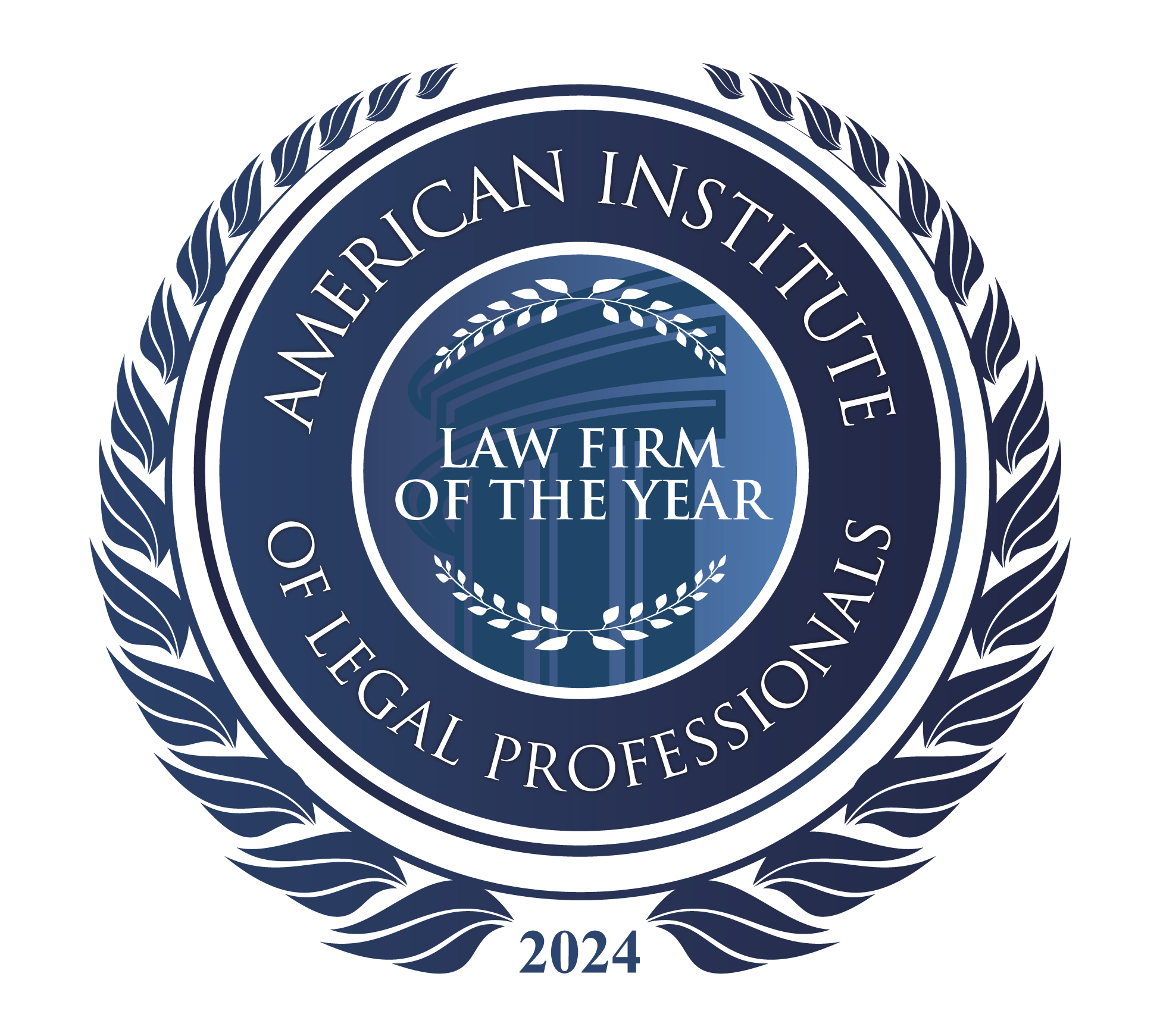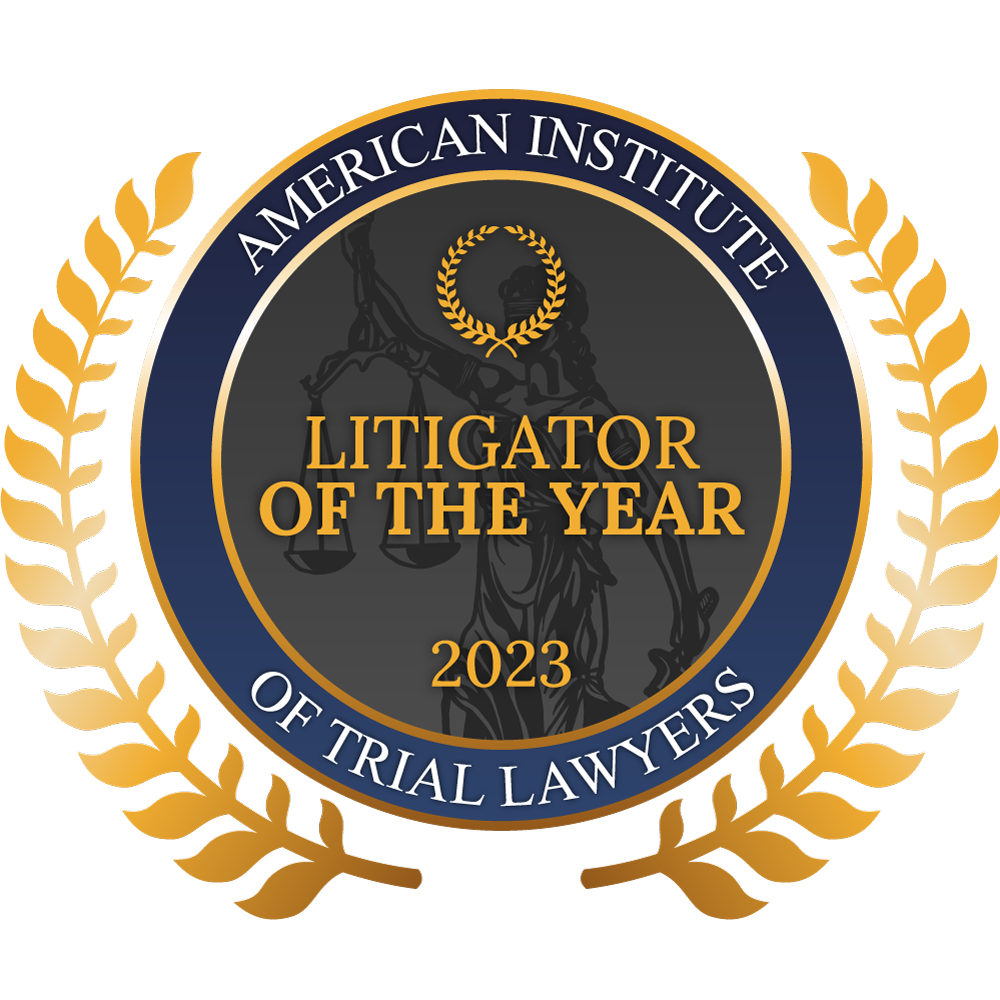
Everyone knows that distracted driving is dangerous. Whether you are sipping on a coffee or texting on a cellphone, doing anything that diverts one’s attention from the road is not a smart idea.
In fact, distracted driving claims the lives of hundreds of individuals in the United States every year. According to preliminary data provided by the Colorado Department of Transportation (DOT), 69 people were killed in distracted driving crashes in the state in 2015, up from 59 in 2014. The same source indicates there were 14,754 distracted driving-related crashes in the state in 2014. That number was up in 2015, totaling 15,307, according to the DOT.
The following takes a look at what distracted driving is, who is most at risk for distracted driving, and what the distracting driving laws are in Colorado.
What Is Distracted Driving?
Distracted driving refers to any and all instances of a driver paying attention to something other than the task at hand ─ driving. Examples of distracted driving include doing the following behaviors while operating a motor vehicle:
 |
Personal grooming |  |
Changing the radio |
 |
Eating or drinking |  |
Reading (maps) |
 |
Talking to passengers |  |
Caring for children or pets |
 |
Using a cellphone or other handheld mobile device |  |
Looking at scenery |
Using a cellphone is particularly dangerous. The Colorado DOT reports that cellphones were a contributing factor in 17 fatal Colorado crashes in 2015. Those who are most likely to be involved in distracted driving crashes are younger drivers 21 to 30 years old ─ this age group represented 30 percent of distracted driving crashes in Colorado from 2012 to 2015.
Is Distracted Driving Illegal in Colorado?
Distracted driving is against the law in some cities in Colorado, although there is no statewide law that specifically prohibits “distracted driving.” However, state law does prohibit texting while driving. In 2009, the state of Colorado passed a law that criminalized texting while driving. The law also extends to include sending emails and Tweets. While the anti-texting law applies to all drivers, the law also banned those younger than 18 from using a cellphone at all while driving. Those who violate the law will be cited with a Class A traffic infraction and slapped with a $50 fine for a first offense, and $100 for the second. You can read more about the passage of the law in The Denver Post.

Some areas of Colorado have taken much more aggressive measures to prevent not only the use of a cellphone while driving but distracted driving in general. Consider the city of Greeley’s latest measure passed by the city council there: a general distracted driving ordinance. Although the ordinance does not name specific behaviors that are considered to be “distracting,” it does allow law enforcement officials to use their “judgment and common sense” to determine whether individuals are distracted while driving. Those found to be in violation of the ordinance will be subject to a fine ranging from $60 to $100, according to Hands Free Info. The Greeley City Council also passed a texting-while-driving law that routes revenues and offenders to municipal court.
Is Distracted Driving Negligence?
Distracted driving ─ including the use of a cellphones ─ is not illegal in all parts of Colorado, nor for all drivers. However, that does not mean that using a cellphone or otherwise operating a motor vehicle while distracted is not negligent. Negligence refers to any act that is outside of the scope of what a reasonable person would do.
Distracted driving is unsafe, unreasonable, and puts others at risk ─ it is an act of negligence. In a car accident, distracted driving can be used to prove fault. In a lawsuit, the behavior of distracted driving will likely be enough to prove negligence and hold the distracted driving liable for damages.
How to Prove Distracted Driving
If you are in an accident that was caused by a distracted driver, you will have to prove it in order to recover compensation for your injuries. There are a few ways that you can prove distracted driving, including:
- The distracted driver’s own admission of distraction
- A police report
- Cellphone logs
- Eyewitness testimony
In some cases, video footage that caught the distracted driver on camera may be available. There may also be other physical evidence ─ such as spilled coffee on the driver’s seat ─ that indicates that the driver was not committing his or her full attention to the road at the time of crash (i.e. the driver was drinking coffee).
Filing a Claim After a Distracted Driving Crash
Even if the other driver is not cited for distracted driving or texting while driving, you still have a right to file a claim if you believe that the other driver was at fault. In Colorado, you have three options for recovering compensation:
- Filing a claim with your own insurance policy (depending upon the type of policy you hold)
- Filing a claim with the at-fault driver’s insurance policy
- Filing a lawsuit against the at-fault driver
In order to recover compensation, you will have to prove fault. Because proving fault can be hard to do, and because your recoverable damages amount can be diminished in proportion to your degree of fault (if you are found to have contributed to the accident’s occurrence at all), it is important that you hire an experienced Colorado car accident attorney to represent you during the claims process.
Remember, according to Colorado law, you must also file your claim within two years from the date that the accident occurred.
Contact the Lawyers at The Wilhite Law Firm
The skilled Colorado car accident attorneys at The Wilhite Law Firm have seen too many tragic cases, and we are passionate about reducing distracted driving in our state. If you have been in a distracted driving crash, we want to help you. Contact us to request a free case consultation today.






















